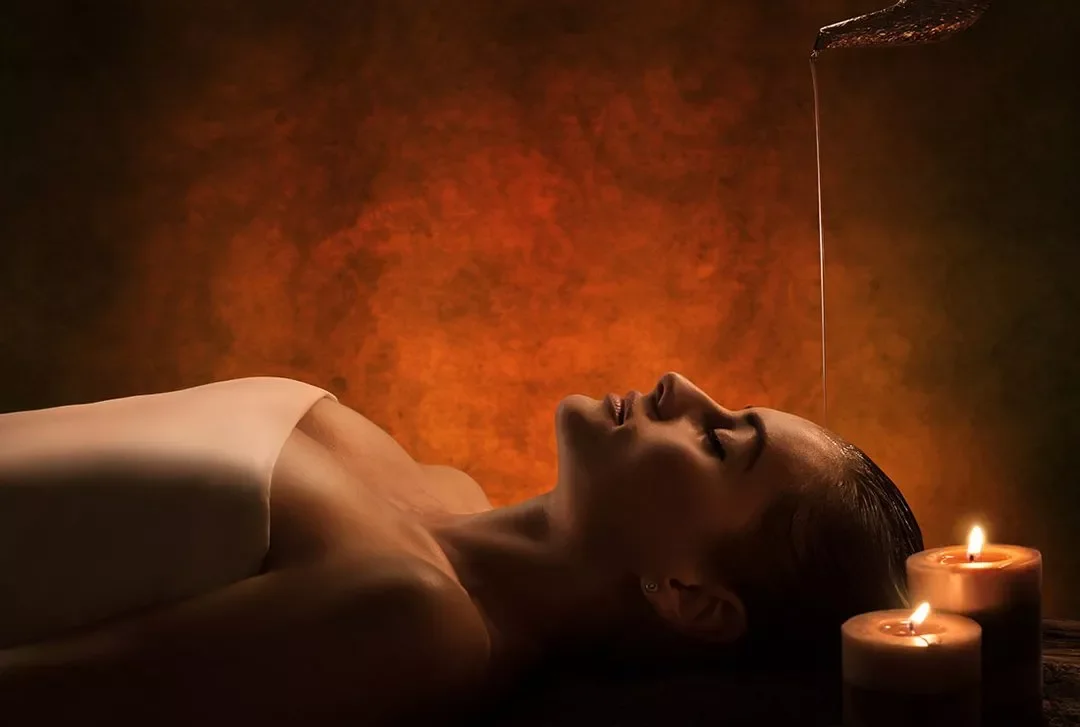What to Expect at Indimasi: A 14-Day & 28-Day Panchakarma Journey
Why Panchakarma?
In Ayurveda, health is about balance — of the doshas (Vata, Pitta, Kapha), of digestion (Agni), of the tissues (Dhatus), and of the mind-body connection. Over time, diet, stress, environment, improper habits, and unresolved imbalances lead to accumulation of Ama (toxins or metabolic waste) in the body. Panchakarma is the classical Ayurvedic detoxification and rejuvenation protocol designed to cleanse deeply, remove toxins, reset physiology, and restore balance.
Some reasons people opt for Panchakarma:
To eliminate deep-seated toxins that standard diets, cleanses or fasts can’t touch
To support healing of chronic or lingering ailments (digestive trouble, fatigue, autoimmune issues, hormonal imbalance, skin conditions, etc.)
To “reboot” metabolic and immune function
To reduce stress, calm the nervous system, improve sleep, mental clarity
To slow aging — rejuvenate tissues, restore vitality
To align with a holistic reset: diet, lifestyle, therapies, meditative practices
In short: Panchakarma is more than a topical spa cleanse — it’s a systemic detox + rejuvenation approach.
An ancient science of renewal.
What is Panchakarma?
The term Pancha Karma literally means “Five Actions” in Sanskrit. It refers to five primary Ayurvedic cleansing therapies:
Vamana — induced therapeutic emesis (vomiting)
Virechana — medicated purgation (cleansing via bowel)
Basti — medicated enemas (decoction or oil enema)
Nasya — nasal administration of herbal oils or powders
Raktamokshana — therapeutic bloodletting or blood cleansing (used less commonly)
In practice, a Panchakarma program has three phases:
Purvakarma (preparatory stage) — Includes internal oleation (Snehana), external oleation (Abhyanga massage), fomentation (Swedana / steam), mild herbal cleanses. The goal is to mobilize toxins from tissues, soften them, make them accessible.
Pradhanakarma (main cleansing stage) — The actual therapies (Vamana, Virechana, Basti, Nasya, etc.), selected based on one’s doshic imbalance and health needs.
Paschata (post-therapy / rehabilitation stage) — Diet (Samsarjana krama), herbal tonics (Rasayana), gentle therapies, yoga, rest, and reintegration of body into regular life.
At Indimasi Healing Village, Panchakarma is woven into longer programs — integrated with yoga, Siddha/Vedic practices, tailored diet, marma therapy, etc.
Their packages also mention that the 28-day program includes multiple therapies: body massages with special oils, Njavaratheppu, Naranga Kizhi, Kayasekam, Snehapanam, Virechana, Ksheeravasthy, Snehavasthy, Thalapothichil, Shirodhara, head massage with herbal juices, special diets, and Rasayana.
What to Expect: 14-Day vs 28-Day Panchakarma at Indimasi
Below is a comparative walk-through of a typical experience, noting where things change or deepen in the 28-day version.
What You May Feel / Experience Day by Day
Days 1–3: Mild detox symptoms — fatigue, headaches, light nausea, digestive shifts, perhaps mental/emotional turbulence. This is “Ama” shifting.
Mid cleanse (Days 4–9-ish): More intense detox—bowel movements, sometimes detox reactions (skin eruptions, cravings, mood fluctuations). This is part of purification.
Rest/stabilization: The body begins to settle. You may feel lighter, clearer, improved digestion, more energetic.
Rejuvenation: Vitality returns. Sense of calm, improved sleep, better skin, deeper mental clarity, elevated sense of well-being.
In the 28-day program, these phases are expanded, giving more time for deeper layers of purification and greater opportunity for the body to reset and heal. The extra days in the cleansing and rejuvenative phases allow more gentle reintegration and lower risk of rebound toxicity.
Sample Daily Schedule (Indicative)
Early Morning (5:30–7:30 am) — Warm water / herbal teas, gentle movement / asana, Pranayama / meditation
Breakfast — Simple, warming, Ayurvedic diet
Morning Session — Abhyanga massage, fomentation, herbal baths, steam
Midday — Lunch (light), rest / possibly a quiet period
Afternoon Session — Main therapy (e.g. Basti / Nasya / Virechana or supportive therapies)
Evening — Dinner (light, digestible), gentle practices (pranayama, meditation), early bedtime
Throughout the day — Warm water / medicinal fluids, herbal decoctions, rest, avoid strenuous movement
The 28-day protocol often spreads out and spaces therapies more gently, allowing more downtime, integration, and restorative practices (yoga, nature walks, meditation, spiritual satsang, etc.).
Why Choose 14 Days — and Why Choose 28 Days?
14-Day Stay
Allows one to experience the core cleansing protocols — reset digestion, upregulate detox mechanisms
Suitable for individuals seeking boost, refresh, and reset rather than deep surgical detox
Good for travel, schedules, trying Panchakarma for the first time
May suffice for milder lifestyle imbalances (stress, low-grade fatigue, mild digestive issues)
28-Day Stay
Deeper purification: multiple cycles of main therapies, more toxin clearance
More time for rejuvenation therapies, tonics, rest, and assimilation
Better suited for chronic conditions or deeper ailments
Lower risk of rebound or detox “backlash” because your body has more time to stabilize
Time and space to integrate lifestyle, diet, spiritual practices more fully
At Indimasi, their Anti-Ageing / 28-day package is explicitly designed for deeper rejuvenation, involving extended therapies, rasayana herbs, full body treatments, etc.
Tips to Maximize Benefit & Stay Comfortable
Be transparent with your medical history — the doctor needs full info
Hydrate well (warm water, herbal teas)
Abstain (or strongly reduce) caffeine, stimulants, heavy processed foods before arriving
Be mentally prepared: detox can bring mood fluctuations
Rest, sleep, minimize external stress
Follow diet guidelines strictly; avoid indulgences mid-process
Embrace the silence or inward turn — less phone, less distraction
Have realistic expectations — some reactions are normal and transitory
Post-stay, continue with herbal support, mindful diet, yoga and routines
Join Me in Kerala
This February
Choose 14 or 28 days of Panchakarma and discover the reset your soul has been longing for!





